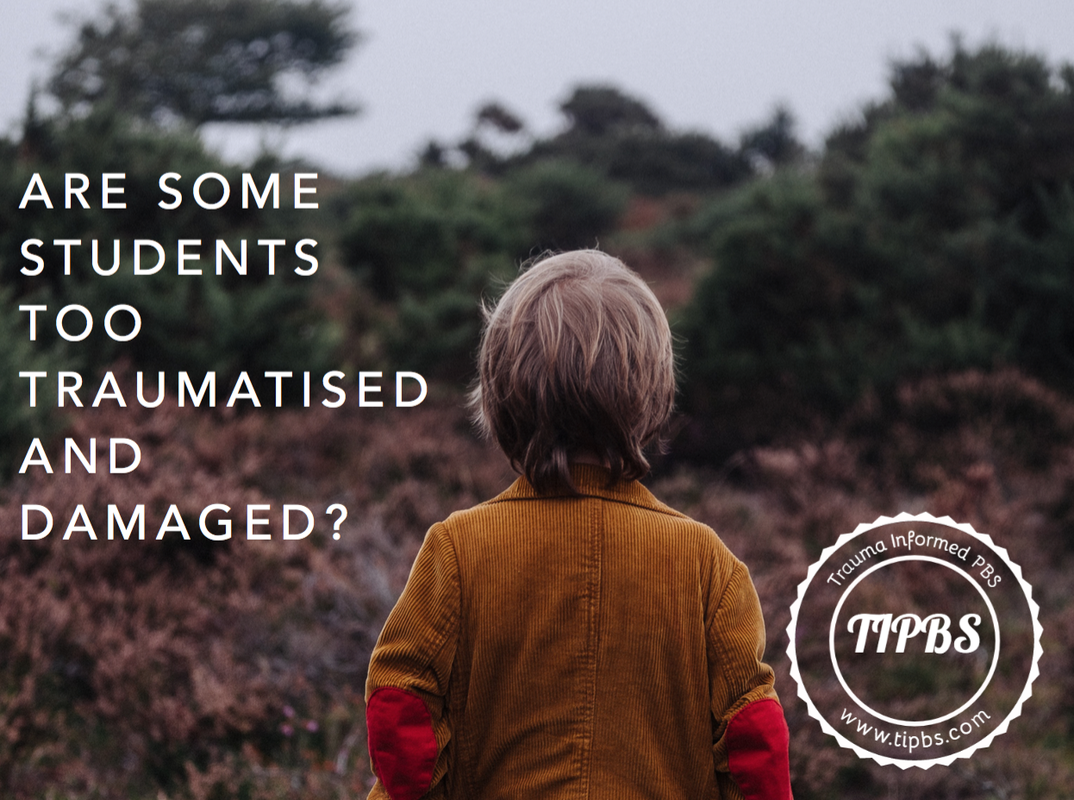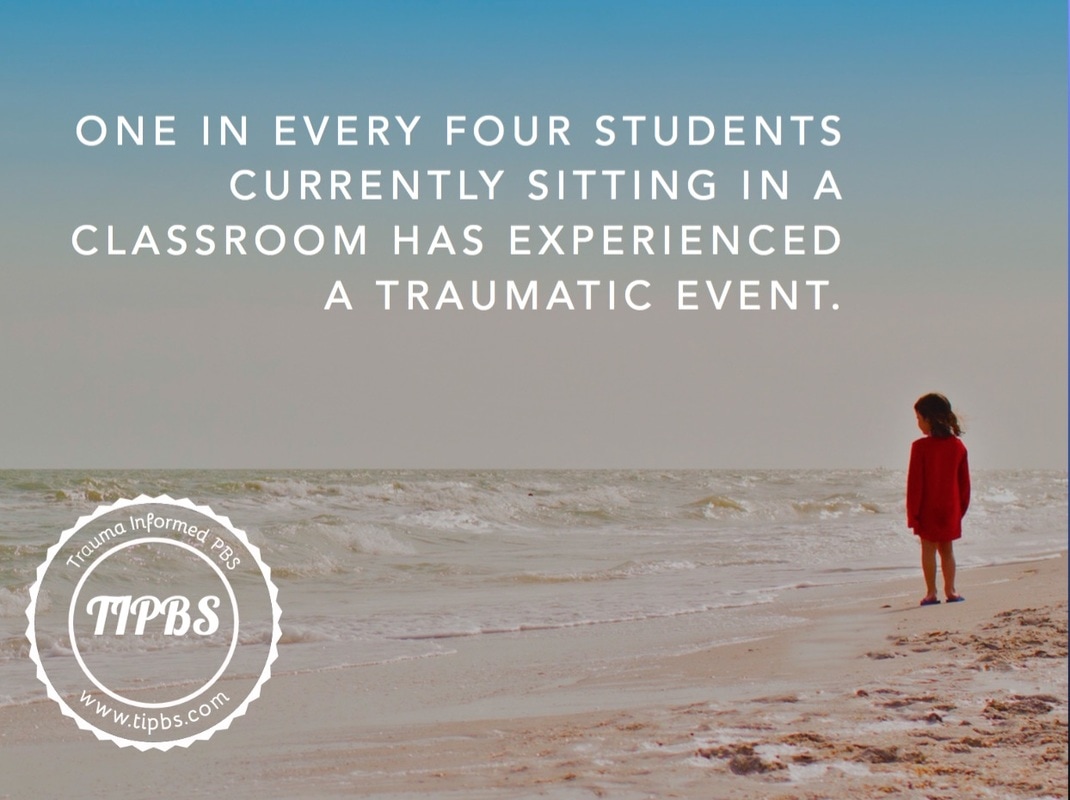|
The call came to the office for assistance as Molly had run away down onto the oval because she was refusing to rest in her pre-school class. As a consequence of disrupting rest time, Molly had been moved outside onto the verandah to rest. As the deputy principal of the school, I took it upon myself to find Molly. After a walk around the school, I found Molly under the big tree at the furthest end of the oval. After speaking to her quietly for a couple of minutes, I managed to get her to come with me to my office where she sat quietly and read a book without disturbance. For Molly, rest time was unnecessary and “babyish” and she refused to do it. Molly and I went our separate ways for some years and then when she was in Year 5, she enrolled at another school where I was the behaviour support teacher. She had grown and so had the seriousness of her behaviour. From the classroom teacher’s point of view, Molly was out of control. She was running around the room, refusing to attempt any task, making unkind remarks to her classmates, destroying classroom resources (ripping posters off the walls, tearing up books, pulling apart the computer mice) running along the verandahs screaming, and other behaviours that were “automatically” suspend-able. At the rate Miss Molly was going, exclusion was looming largely on the horizon. As a behaviour specialist I implemented all the technical, evidence-based strategies I had been trained to implement. Daily, I responded to the teacher’s repeated requests to remove Molly, or find Molly and “keep her for the day” Together, we developed an individual behaviour plan for Molly after looking at her behaviour from a functional point of view. The function of her behaviour was determined to be accessing adult attention. In addition, a risk management plan was developed for when Molly demonstrated unsafe behaviour which included a class evacuation strategy to keep everyone including the teacher, safe. We implemented the plans to the best of our ability managing added complexities such as ensuring communication with home was provided regularly (Molly’s mother was Deaf) and the constant changes of Molly’s classroom teacher (it was a contract position) with a new contract teacher on average every three weeks for terms one and two. It was a difficult first semester. Despite her behaviour, I became fond of Molly. She was bright and had so much potential. She was one of 5 children in her family and she was the only one with difficulty regulating her behaviour. Our typical school day started with Molly arriving just after 7 am (this started as soon as she knew I was at work early) and I would do her hair with the brush and hair accessories that were only for her, kept in my desk drawer so that she looked tidy (and like the other girls) and ready for learning. She would then either sit and read or I would give her tasks to do which after instruction and modelling she would complete with competence. When I went out on early morning playground duty, Molly would walk with me and be in charge of the bucket and tongs. Every classroom had a plastic bucket and tongs for picking up rubbish and it was an expectation that when the teacher (or a member of the administration team) was out on playground duty they would take their bucket and tongs and pick up rubbish because keeping the school clean and litter free was everyone’s responsibility. So, that was the morning routine for Molly and me and it was during these times that I learnt, who Molly was. As part of Molly’s behaviour support plan and as a result of the numerous suspensions she received, she was placed in an alternative school program for some concentrated behaviour support and intervention. The duration of her stay was supposed to be the standard 6-month period, however Molly stayed 12 months. The extended stay was made possible due to the collaborative effort of the alternative school site, Molly’s school and her mother. We had to think outside the box. She made good progress. Then one day, one unsafe and seriously aggressive outburst, changed everything. Molly was excited as her birthday was coming up and she and her mother were making preparations for celebrating it. On the weekend, they were going to make cupcakes together and decorate them in exciting ways using Molly’s designs (she was very artistic and creative) and share the cakes with family and friends when they visited to celebrate. On the Monday morning, following this weekend, Molly arrived at school and as per usual came up to my office but this morning the loudness of stomping feet alerted me to the fact that all was not well and this may be a difficult morning. Into my office walked a very angry, very overwhelmed child who systematically knocked everything I owned (I did manage to pick up and save my laptop off my desk) to the floor in anger while swearing and yelling as she went. A couple of hours passed and when she was completely calm, I asked Molly if she wanted to tell me what had made her feel so sad and so she preceded to describe what had triggered this outburst. The following was Molly’s recount. She and her mother had spent all Sunday afternoon making the cupcakes, icing and decorating them the way Molly wanted them. Her father came into the kitchen and told Molly to go and clean up her bedroom which she refused to do until she had finished her cupcakes. He then told her that she did not deserve to celebrate her birthday or have cupcakes so he tipped all the cupcakes on to the kitchen floor and stomped on each one. Molly then said, and I quote, “I hate him! He is always doing things like that to me and he doesn’t do it to anyone else in the family. He says it is because I am naughty and wicked and not like the other kids” Suffice to say we had a very difficult day that took unconditional caring, compassion and undivided attention from me, to get her through. Molly needed reassurance that she was a worthwhile person, that yes, some grown-ups are mean, behave badly and should know better but don’t. At the end of this exhausting day, we came to the conclusion that we would ease the pain (just a little) by icing cupcakes at school the following day and share them with the class. I would make the cupcakes at home and bring them and all the icing material and decorations in to school so Molly could decorate them, once again. Molly’s behaviour derailed significantly after the day of the critical incident and with written evidence, gut feelings and notifications to the correct departments, during the following year, Molly was removed from her family and placed in foster care. The emotional abuse that she had suffered on an ongoing basis for many years at the hands of her father, had boiled over that day and she could no longer hold it together. The final straw for her was the destruction of her birthday cupcakes. At the end of that year I attended Molly’s graduation from primary school. Molly’s mum was now a single parent. Molly’s dad had moved to Melbourne. Molly did well with her foster family and she and I kept in touch. Each year I visited her on her birthday and this little girl who refused to sleep at preschool finished Year 12 with all As and one B because as she reminded me “You always told me I was a bright kid and that I could do anything once I could just make space in my head to focus on learning stuff” One in every four children in students currently sitting in a classroom today has experienced a traumatic event. Research into the impact of abuse and neglect on children has repeatedly found that there does not appear to be a ‘point of no return’ beyond which services for children are hopeless, and that every risk factor we can reduce matters. The presence of a compassionate adult, in the form of a foster carer, aunt, neighbour or even teacher, can make a enormous protective impact on the lives of traumatised children.
Thinking back now, much of Molly's behaviours could be attributed to the trauma she had experienced. Having one person who she knew would not give up on her and who she knew without reservation, cared about her, was the difference in her success at school. Perhaps behaviour made Molly feel secure - perhaps even for a few moments every day. I imagine it wrapping her in a protective layer, like you would a child who was cold. My relationship with Molly seemed to act like a secure base - a harbour from the tempest. It seemed to provide her a safe space where her capacity was built and the seeds for a hopeful future were planted - eventually flourishing in conditions of love and care.
1 Comment
|
Archives
February 2019
|


 RSS Feed
RSS Feed